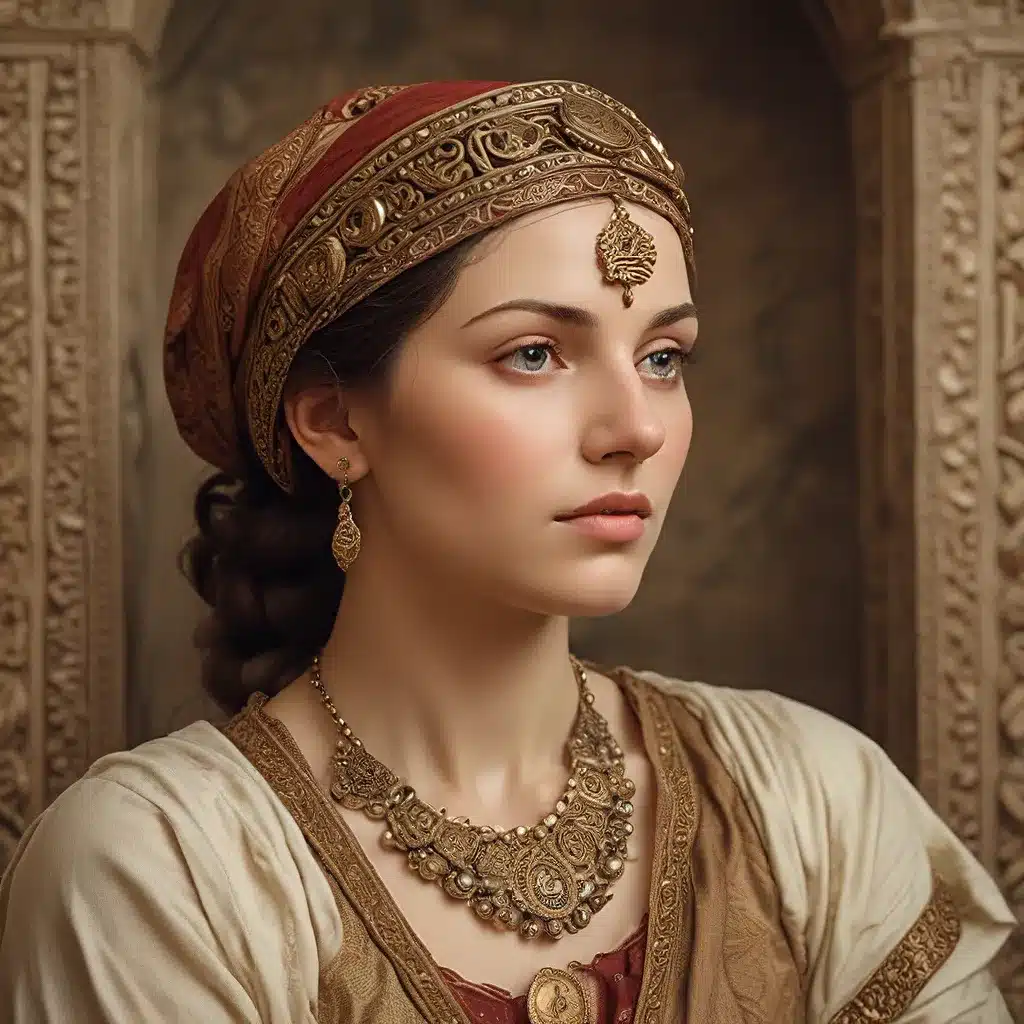
Unearthing the Secrets of Ancient Civilizations
The world of archaeology is a tapestry woven with the threads of forgotten civilizations and lost histories. Beneath the soil, echoes of the past reverberate, beckoning us to uncover the stories that time has concealed. From the towering ruins of ancient empires to the enigmatic artifacts that dot the landscape, each discovery offers a tantalizing glimpse into the lives and cultures that once thrived in these now-silent lands.
One such captivating realm lies in the ancient Greek world, a civilization that has long captured the imagination of scholars and enthusiasts alike. The Greek busts, with their serene smiles and noble gazes, stand as masterpieces of sculptural finesse, inviting us to marvel at the artistic genius of this bygone era. These gateways to the past not only captivate us with their timeless charm but also serve as symbolic reminders of the ideals of beauty, wisdom, and cultural identity that defined the Hellenic world.
Echoes from the Past: Resurrecting Ancient Music
Yet, the wonders of antiquity extend far beyond the realm of visual arts. Music, that universal language that transcends time and space, has also been the subject of intense fascination and scholarly pursuit. The lost instruments of ancient civilizations, such as the salpinx, barbiton, aulos, and syrinx, once reverberated through temples, theaters, and public squares, lending their haunting melodies to the cultural and religious fabric of these bygone eras.
Reviving these lost sounds is a task that requires a delicate balance of science and artistry, as researchers and musicians collaborate to piece together the fragmented remnants of history. The ASTRA project and the Lost Sounds Orchestra have emerged as pioneers in this endeavor, harnessing the power of artificial intelligence and computational acoustics to breathe life back into these ancient instruments.
Through the painstaking process of physical modeling and computer synthesis, the ASTRA project is able to simulate the intricate interactions of sound waves and virtual materials, effectively resurrecting the timbres of instruments that have been silent for centuries. The Lost Sounds Orchestra then takes these digital recreations and transforms them into living, breathing performances, offering audiences a rare auditory glimpse into the soundscapes of antiquity.
The Multidisciplinary Approach to Unlocking the Past
The journey to revive the music of our ancestors is not merely an artistic endeavor; it is a multidisciplinary expedition that brings together a diverse array of disciplines, from archaeology and history to physics and computer science. Each field contributes its unique expertise, weaving a tapestry of knowledge that allows us to decipher the complexities of these ancient musical traditions.
Archaeologists provide the physical remnants and historical context of the lost instruments, while musicians and musicologists interpret the cultural and artistic significance of these relics. Physicists and engineers delve into the acoustics and materials, while computer scientists develop the algorithms that bring these sounds to life. This collaborative effort exemplifies the interconnectedness of our knowledge systems, demonstrating how disparate fields can harmonize to achieve a common goal.
The Cultural and Educational Implications
The reconstruction of ancient music is not merely an academic exercise; it is a cultural and educational renaissance that invites us to listen to the echoes of history and, in doing so, to understand our place in the grand narrative of human civilization.
By engaging with our musical heritage in a multidimensional way, learners of all ages can develop a deeper appreciation for the arts, history, and the technological marvels that make such explorations possible. Museums, cultural institutions, and online platforms can leverage these reconstructed sounds to create immersive exhibits and interactive learning experiences, transporting audiences across millennia to experience the soundscapes of ancient civilizations.
The Fusion of Technology, History, and Music
The fusion of technology, history, and music is a dance of disciplines, each step uncovering a new layer of our rich cultural tapestry. As we continue to explore the sounds of the past, we are reminded of the timeless nature of music and its ability to connect us across millennia.
The future of ancient music in the modern world is not just about preservation; it is about reawakening a part of our collective human story. With each note reconstructed, we are not only rediscovering melodies long forgotten but also reaffirming the enduring power of music to transcend time and space.
The significance of reviving ancient music through AI cannot be overstated. It is a testament to human ingenuity and our enduring connection to the past. Projects like ASTRA and the Lost Sounds Orchestra are beacons of cultural preservation, ensuring that the sounds that once resonated through ancient halls and amphitheaters continue to inspire and educate future generations.
In conclusion, the journey to revive ancient music is a testament to the timeless nature of music itself. It is a universal language that transcends the barriers of time, connecting us to those who came before and those who will follow. As we continue to uncover the sounds of antiquity, we are reminded that music is an eternal symphony, its notes echoing through the ages, binding us together in a shared human experience. It is a melody that, once revived, will continue to resonate for generations to come.


